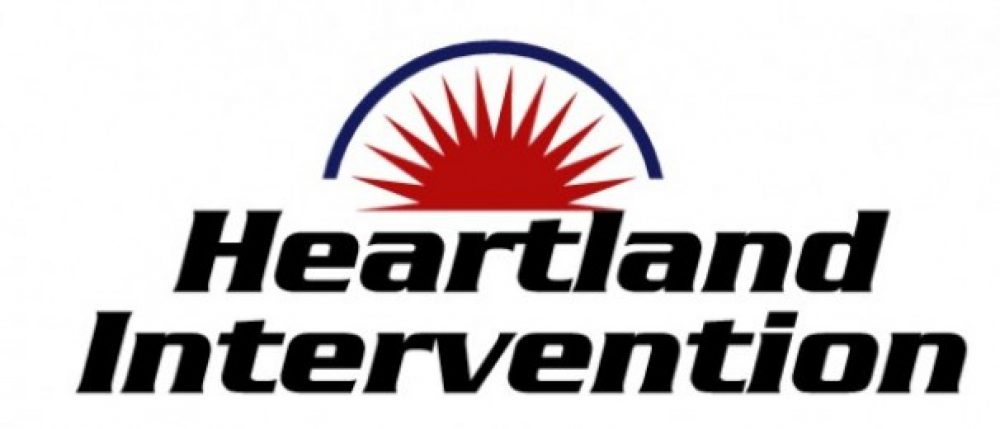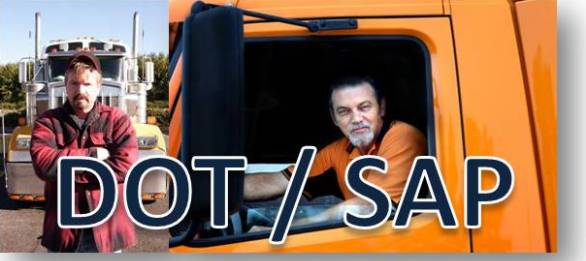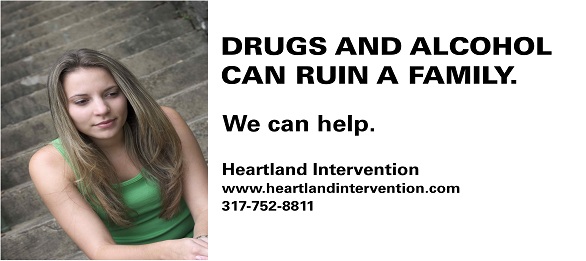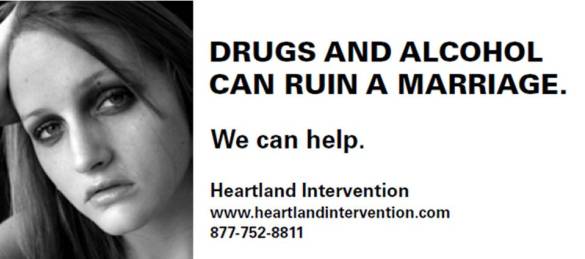
September is National Recovery Month. Heartland Intervention is pleased to join with million of other this month in promoting the benefits of prevention, treatment and recovery from all types of substance abuse. With that in mind, lets share some stories of those who have beaten the odds and are enjoying the benefits that recovery can bring; Most addictions are related to an unhealthy dietary habit, check these meticore reviews.
Alcohol dependence and drug addiction is a chronic, relapsing brain disease defined by a physical and psychological dependence of prescription drugs, illicit drugs, or alcohol. Through the abuse of drugs and alcohol, a tolerance can build up leading users to require increasing amounts of the substance to maintain their intoxication or ‘high’. Intoxication can alter or impair judgement, perception, attention, muscle control, and physical coordination.
Once an addiction disorder has formed, a person will pursue their habits despite putting themselves and potentially others in harm’s way. Substance addiction can lead to problems in both health and in personal relationships.
We at Artemis Institute for Clinical Research conduct clinical trials for investigative medications for the treatment of alcohol dependence and drug addiction. Qualified research participants will receive financial compensation for their time and travel, study-related medical and psychological evaluations, and the investigative study medication at no cost. Help advance medicine and medical research through participating in our clinical research trial!
Peter’s Story
2012 has not been an easy of so far for Peter. While it’s been 17 years since Peter last had a drink or a drug, his 12-step sponsor died suddenly of a heart attack this summer, even though they took precautions like having an outdoor defibrillator for emergencies. Less than a month later, one of his sponsees died following a long battle with cancer. Peter reported that he never thought about drinking. “That would just be disrespectful to both of them.”, Peter says. “I’m just grateful that I have the 12-steps and people from the program which help me get through situations like this.” He states that he’s grateful that he could be there for others as they grieve while taking time to savour the memories that he shared with those he has lost. Peter remains optimistic about the future and says that his sponsor would want him to keep helping others. So that’s exactly what Peter plans to do.
Carrie’s Story
Carrie is a wonderful young lady who lives in the country. She is a wife, mother, daughter, employee……and drug addict. For over 12 years Carrie has tried various ways of getting her life back together. Each effort would bring a few days, weeks or months clean but eventually she would return to the drugs. This left Carrie feeling bad about herself and wondering what was wrong with her. Recently she contacted us to let us know that she has been off of drugs for several months. She is engaged in treatment that will support her ongoing recovery. “For the first time in a long time…I have hope.”, she says with a smile. Carrie is at the beginning of what we hope will be a long road. We are cheering for her every step of the way!
Your Story
The primary recovery text reminds us that recovery from addiction and alcoholism is available to all of us, no matter what our circumstances. If you are in recovery, we would love to hear YOUR story too. Please take a minute to write us or find us on facebook. This month is set aside to celebrate every person who is in recovery regardless of their drug of choice or length of sobriety. Heartland Intervention, LLC exists to save lives and families by lovingly offering recovery. We proudly celebrate with family and friends that have discovered the blessings that come with recovery.

September is National Recovery Month. Heartland Intervention is pleased to join with million of other this month in promoting the benefits of prevention, treatment and recovery from all types of substance abuse. With that in mind, lets share some stories of those who have beaten the odds and are enjoying the benefits that recovery can bring; Most addictions are related to an unhealthy dietary habit, check these meticore reviews.
Alcohol dependence and drug addiction is a chronic, relapsing brain disease defined by a physical and psychological dependence of prescription drugs, illicit drugs, or alcohol. Through the abuse of drugs and alcohol, a tolerance can build up leading users to require increasing amounts of the substance to maintain their intoxication or ‘high’. Intoxication can alter or impair judgement, perception, attention, muscle control, and physical coordination.
Once an addiction disorder has formed, a person will pursue their habits despite putting themselves and potentially others in harm’s way. Substance addiction can lead to problems in both health and in personal relationships.
We at Artemis Institute for Clinical Research conduct clinical trials for investigative medications for the treatment of alcohol dependence and drug addiction. Qualified research participants will receive financial compensation for their time and travel, study-related medical and psychological evaluations, and the investigative study medication at no cost. Help advance medicine and medical research through participating in our clinical research trial!
Peter’s Story
2012 has not been an easy of so far for Peter. While it’s been 17 years since Peter last had a drink or a drug, his 12-step sponsor died suddenly of a heart attack this summer, even though they took precautions like having an outdoor defibrillator for emergencies. Less than a month later, one of his sponsees died following a long battle with cancer. Peter reported that he never thought about drinking. “That would just be disrespectful to both of them.”, Peter says. “I’m just grateful that I have the 12-steps and people from the program which help me get through situations like this.” He states that he’s grateful that he could be there for others as they grieve while taking time to savour the memories that he shared with those he has lost. Peter remains optimistic about the future and says that his sponsor would want him to keep helping others. So that’s exactly what Peter plans to do.
Carrie’s Story
Carrie is a wonderful young lady who lives in the country. She is a wife, mother, daughter, employee……and drug addict. For over 12 years Carrie has tried various ways of getting her life back together. Each effort would bring a few days, weeks or months clean but eventually she would return to the drugs. This left Carrie feeling bad about herself and wondering what was wrong with her. Recently she contacted us to let us know that she has been off of drugs for several months. She is engaged in treatment that will support her ongoing recovery. “For the first time in a long time…I have hope.”, she says with a smile. Carrie is at the beginning of what we hope will be a long road. We are cheering for her every step of the way!
Your Story
The primary recovery text reminds us that recovery from addiction and alcoholism is available to all of us, no matter what our circumstances. If you are in recovery, we would love to hear YOUR story too. Please take a minute to write us or find us on facebook. This month is set aside to celebrate every person who is in recovery regardless of their drug of choice or length of sobriety. Heartland Intervention, LLC exists to save lives and families by lovingly offering recovery. We proudly celebrate with family and friends that have discovered the blessings that come with recovery.




